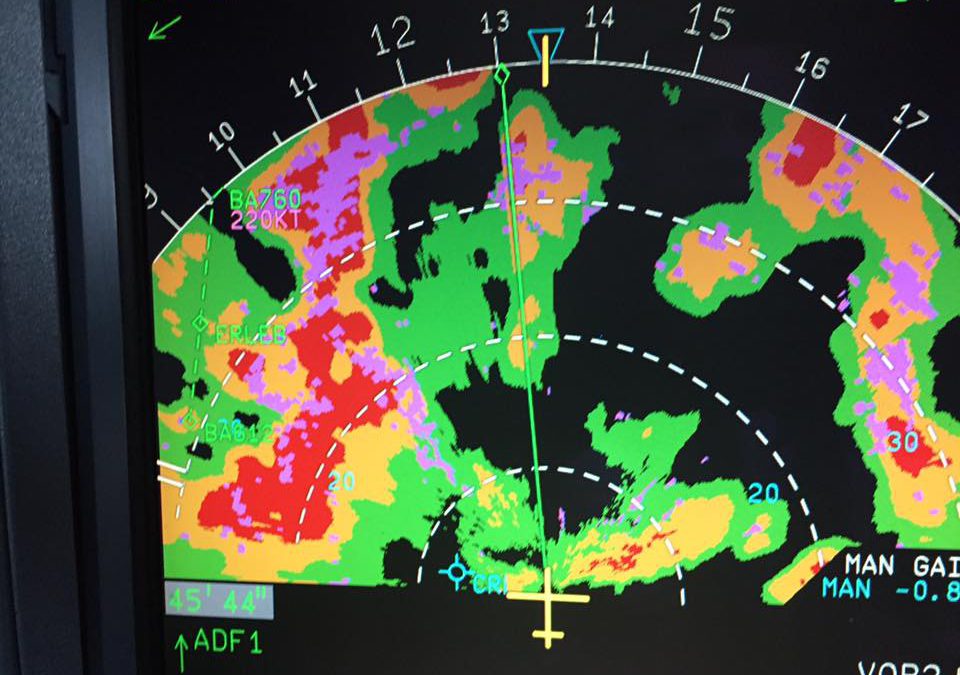Note as of 14 May 2019: FAE-1 and FAE-2 rules have been repealed by Faculty Council Decision of 14 May 2019. Thus, all references to these rules below shall be ignored. The remaining recommendation will be maintained.
Faculty Executive Board of FAE in the 24 January 2018 meeting analyzed the ways the academic community understands and applies the Rules of Undergraduate Studies and Master Studies regarding the progression and modules recovery and the results of applying FAE1 and FAE2 Rules issued by the Faculty Council on 21 September 2017, making the following recommendations:
These recommendations apply to both undergraduate and master studies.
2.1. Teaching staff should apply the UPB Rules and work with integer number of points (percentages) and not fractional points.
2.2. Teaching staff should redo the Discipline Description if the laboratory points exceed 50% of the points for the entire discipline, i.e. the weight of the laboratory should be maximum 40% (half the maximum number of points for the activities during the semester) and only exceptionally 50%. The rationale of this recommendation is to allow the students to redo a discipline in the resit session under the new FAE2 rule, considering abnormal to deny a students the recovery of a failed module during the September resit session (May session for the terminal years).
Article 17 of the Rules of the Undergraduate Studies provisions that the Department Director approves the allocation of the points, and the Discipline Description is a document under the approval of the Faculty Council. We recommend to the Faculty Council to deny approval for the Discipline Description which do not meet this recommendation.
2.3. In the resit sessions (September, and May respectively, for terminal years) the students who failed the module in the course of the current UY shall be granted the possibility to recover the number of points for the activities during the semester with the exeption of the labs, which cannot be redone due to logistic reasons. However, even for labs, the Faculty Executive Board recommends to the teaching and laboratory staff to facilitate to these students to redo at least 1/6 of the lab sessions (1 session for disciplines with 7 lab weeks, and 2 sessions for the disciplines woth 14 lab weeks, respectively). The other activities during the semester may be recovered by resits of partial exams, tests, verification papers, home assignments, seminar problems, seminar papers, laboratory papers etc.
2.4. The students have the right to take the exam or the final test even if mathematically they will fail due to the FAE1 rule. That is because all points won are valid and further maintained. In the resit session, only the missing parts of the total points are redone, or to improve the number of points for each part.
Moreover, the Faculty Council in the meeting dated 29 Nov 2018 decided that:
2.5. For those disciplines with low weight final test (30% or below), the final test will include subjects that cover at least 80% of the syllabus. This will be implemented either by a number of at least 8 distinct subjects, or with synthesis subjects but having a key to correct with at least 8 sub points.
These recommendations and clarifications will be published for the academic community.
European Space Generation Workshop
Following Budapest and Paris, the 3rd edition of the European Space Generation Workshop, gathering young professionals and students working in the space sector, is set to take place in Bucharest, Romania on the 9th and 10th March 2018. The two-day regional...
Traian Vuia (en)
Traian Vuia, was a Romanian aeronautical pioneer, from Surducul-Mic, then a small village in the Austro-Hungarian Empire. Being scientifically minded, he attended the School of Mechanics at the Polytechnic University in Budapest. Due to a lack of money, soon he...
Traian Vuia Story
Traian Vuia Traian Vuia (also known as Trajan Vuia) was a Romanian inventor and pioneer in the aviation field. He is credited with the achievement of successfully building, thus demonstrating, that a flying apparatus could rise into the air using only its...
Traian Vuia Story
Traian Vuia Traian Vuia (also known as Trajan Vuia) was a Romanian inventor and pioneer in the aviation field. He is credited with the achievement of successfully building, thus demonstrating, that a flying apparatus could rise into the air using only its engine and...
IAR American
On 18 November 2017 in the Acad. Virgiliu Constantinescu amphitheater, professors and students of the Faculty of Aerospace Engineering met Eng. Pilot Gabriel Iancic, President of the IAR AMERICAN organization and Eng. Sorin Ploscaru, aircraft designer. IAR...
George Constantinescu
George Constantinescu
Wanted ATC / ATM Software Engineer
C# and C++ Air traffic control ATC / ATM Software Engineer (BBBH340) Bournemouth, England Salary: GBP38 - GBP39 per hour C# Software Engineer - Air Traffic Control Systems Key skills: C# , C++ , Software Engineer - Air traffic Management C# C++ Software...
Openings at Smart Airline Services
S.C. SMART AIRLINE SERVICES SRL is hiring graduates or senior year students in the field of air cargo transport . candidates should send their CV at: dragos.stefanescu@smart-airline.ro Smart Airline Services are a member of Global GSA Group B.V. with the main...
Smaranda Brăescu
Where and When Smaranda Brăescu was born? She was born in the village of Hânţeşti, Buciumeni commune, in the present-day Galați County. It is very vague, many say on May 21, 1897, but as an example, on her student grades book it is mentioned May 23, 1904. We...
Teodor Gârneț
Romanian engineers have contributed in the early days of aeronautics, since the 20th century, to the development of this field. An example of this is the Romanian engineer of Bessarabian origin Teodor Gârneț. Teodor Gârneț was born on 19 April 1911 in Roşu - Cahul,...


0 Comments